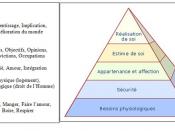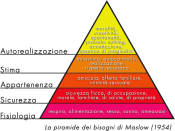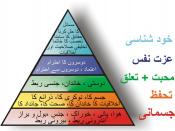The Expectancy Theory describes the relationship of what people value, the effort and the behaviour is needed to obtain it. In that the Theory concentrates on the important role of the links between effort, performance and outcome. If a manger is able to build clear and strong linkages within an organization there will be a high motivation level available. Predominated that the employees' believe in the link throughout performance and reward. On one hand, its usefulness is driven by the assumption that values drive motivation whereas on the other hand the main limitation of the Theory comes from the complexity of people in terms of different needs and values.
Since the Expectancy Theory was deliberately developed to explain work motivation the Goal Setting Theory analyse where the motivation of people derives from in order to fulfil their needs. In that the Theory attempts to link motivation directly to job performance.
The obstacle that has to be overcome is the possibility of an available chasm between the organizational objectives and the personal goals/intentions. If these are not consistent they have to be negotiated. Altogether the have to be clear, measurable and attainable (also required within the Expectancy Theory to build up a strong expectancy). The fruitful result is that people will have a high commitment to attain demanding goals. Assessing the consequences of their current behaviour on their own and/or by a timely accurate feedback the behaviour/goal could be revised in order to improve performance.
Applying those Theories the weaknesses of the Expectancy Theory was covered by the strengths of the Goal Setting Theory to assess the motivation level and make valuable suggestions of a changed Performance Related Pay Model. In detail:
The weaknesses of the Expectancy Theory were determined by a low expectancy and instrumentality as well as by the...


